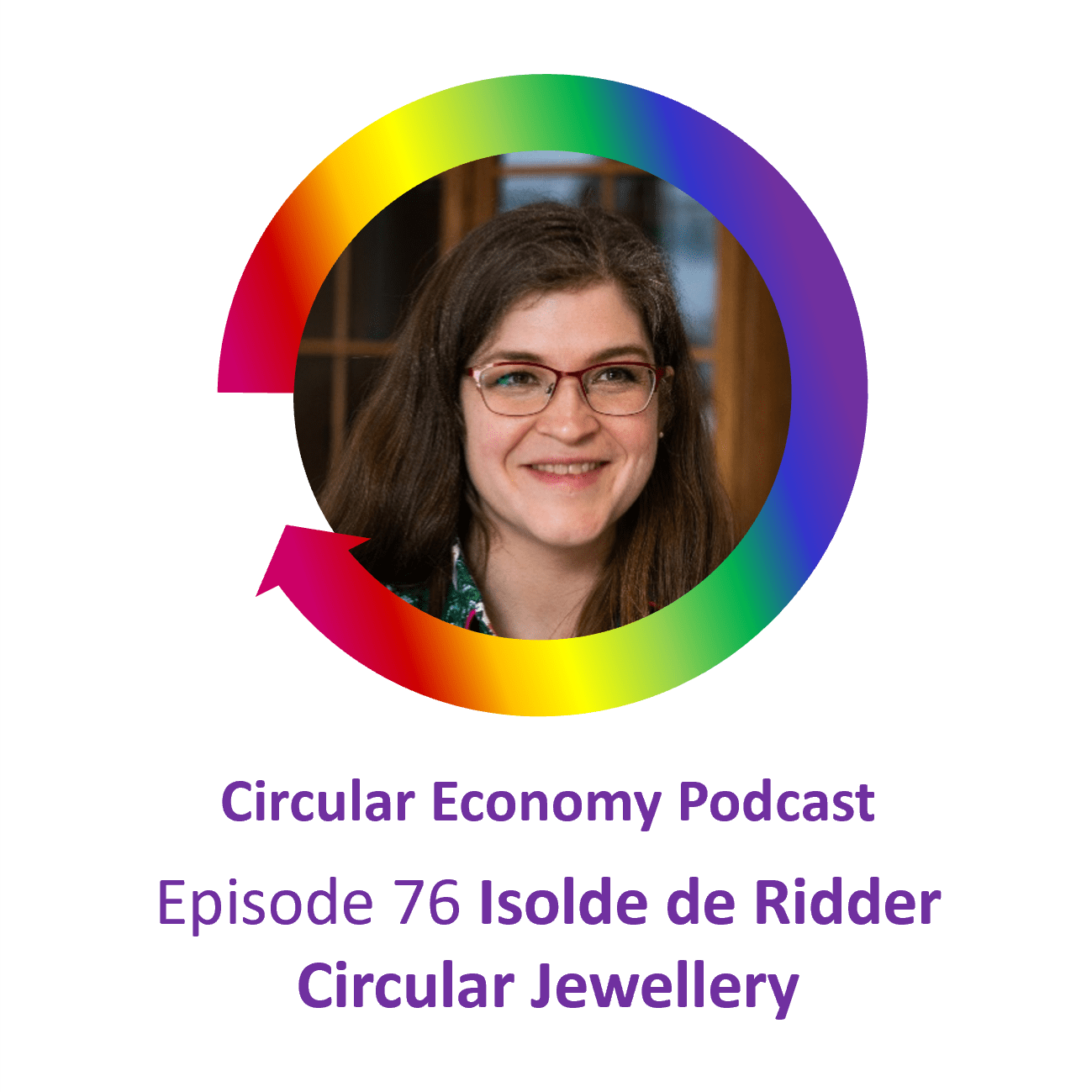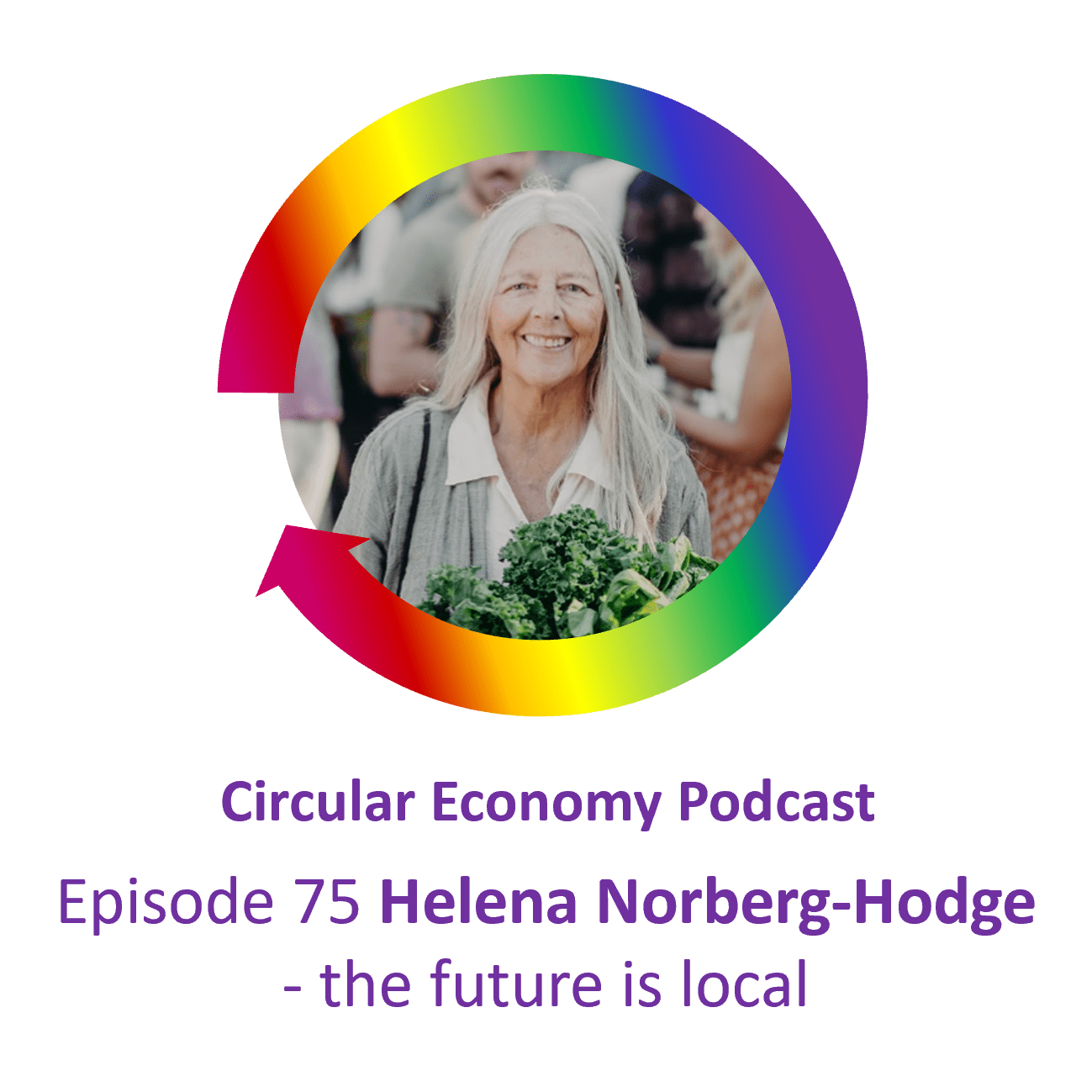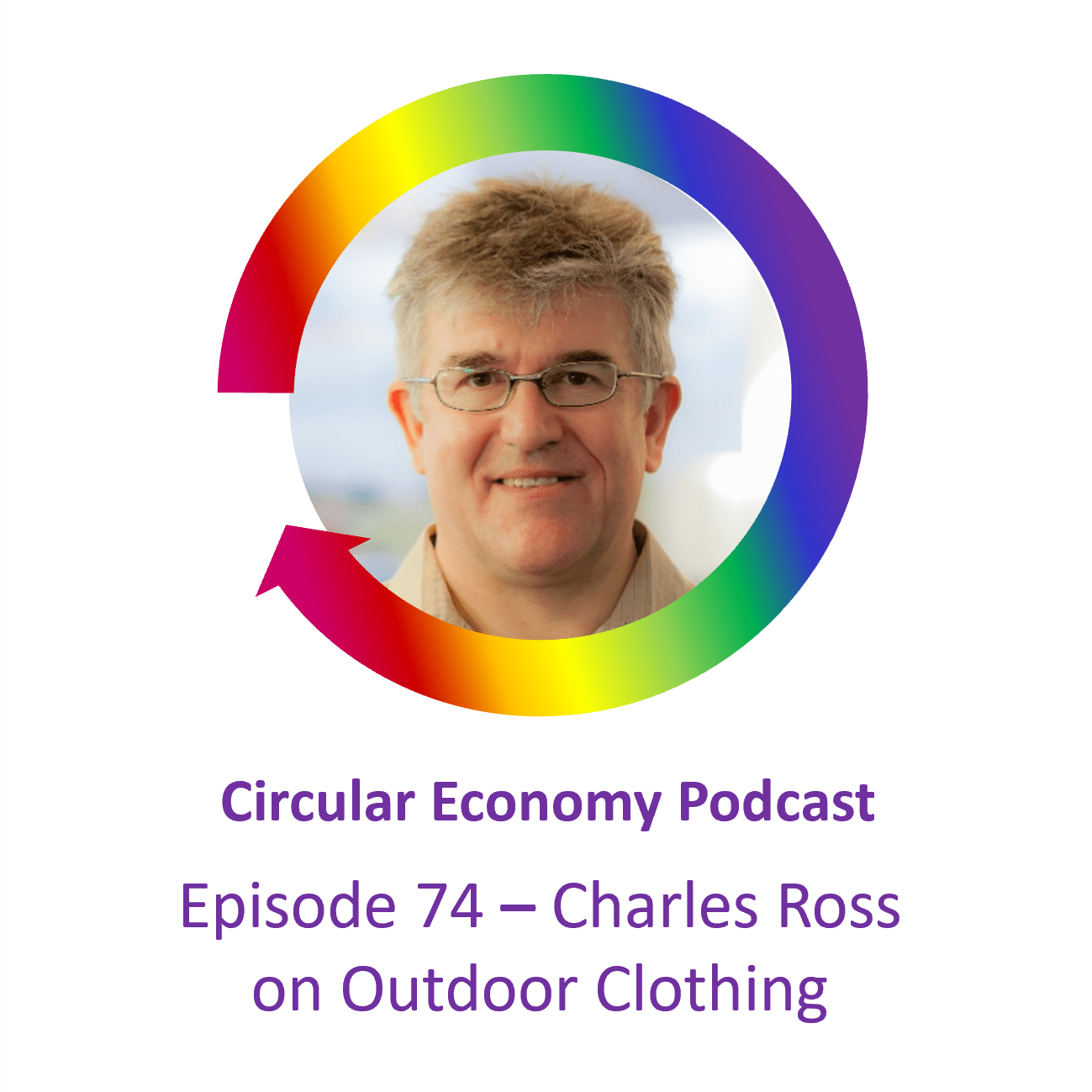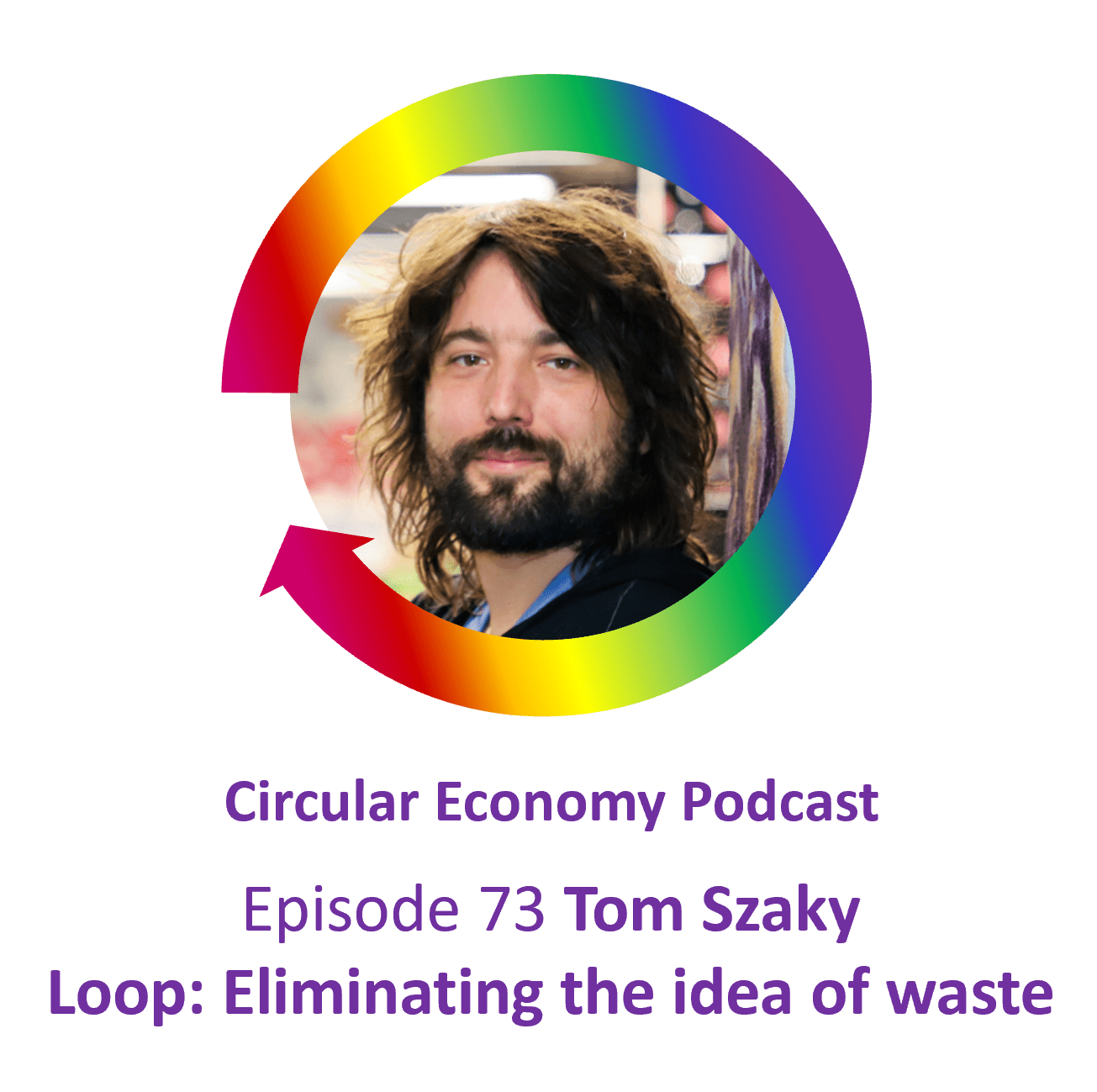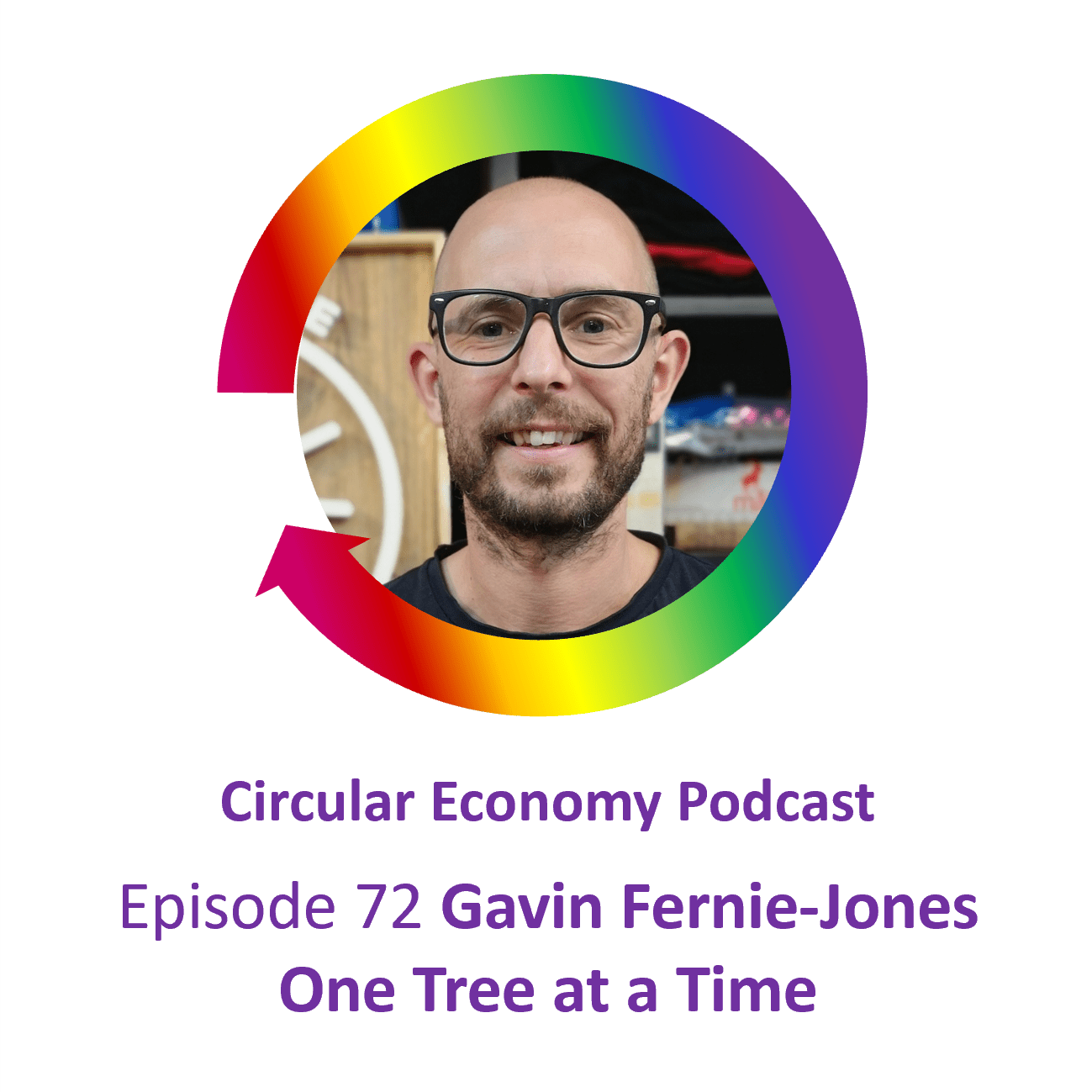Podcast: Play in new window | Download
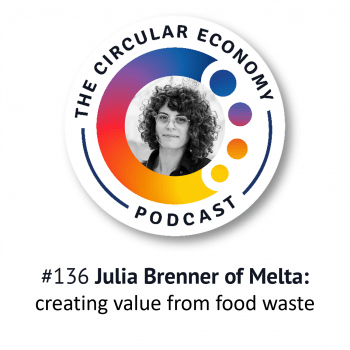
There is a simple solution to conserve, and reuse, more of the nutrients from food waste.
In today’s episode, I’m talking to Julia Brenner, a soil scientist and co-founder of Melta, a company dedicated to transforming waste management and soil health. Julia and her business partner founded Melta in 2020, to solve two interconnected challenges faced by rural municipalities: the lack of accessible and cost-effective food waste solutions, and the difficulty of transporting organic fertilizers to remote areas.
This is a brilliant example of something that is needs little investment, saves money, time and space, and can be adopted easily, all around the world. It is easy to scale out, and a great example of a local, regenerative solution to the typical ineffective, expensive and resource-intensive solutions that we see in western society.
The Melta system uses the Bokashi process which is thought to originate from East Asia, centuries ago. The Bokashi process converts food waste and similar organic matter into a nutrient-rich soil additive which also improves soil texture.
Melta’s innovative system for organic waste collection, processing, and utilization can reduce municipal waste transport by 70%, and producing a nutrient-rich fertilizer that is cheaper and easier for farmers to access.
Julia studied soil restoration at the University of Iceland and then delved further into nutrient cycling and climate models at Oak Ridge National Laboratory. She continues to engage in collaborative field experiments with the Soil Conservation Service of Iceland and Icelandic Agricultural University. Julia is passionate about making “sustainability” a realistic and attainable goal, and is committed to bridging the gap between practical waste management and soil health.
We discover why dealing with household food waste is such a big headache for rural municipalities; and how the bokashi process can easily become part of a system that’s better for households, farmers and the local council.
Julia explains how the Bokashi process works in practice, and why households prefer it over other methods like putting food waste in with other refuse, or have separate food waste collection bins. As we’ll hear, the results are amazing – and the system is very simple, so it could be easily used in rural areas around the world.
International speaker, author and strategic advisor, Catherine Weetman helps people discover why circular, regenerative and fair solutions are better for people, planet – and prosperity.
Catherine’s award-winning book: A Circular Economy Handbook: How to Build a More Resilient, Competitive and Sustainable Business includes lots of practical examples and tips on getting started.
Stay in touch for free insights and updates…
Read on for more on our guest and links to the people, organisations and other resources we mention.
Don’t forget, you can subscribe to the podcast series on iTunes, Google Podcasts, PlayerFM, Spotify, TuneIn, or search for “circular economy” in your favourite podcast app. Stay in touch to get free insights and updates, direct to your inbox…
You can also use our interactive, searchable podcast index to find episodes by sector, by region or by circular strategy. Plus, there is now a regular Circular Economy Podcast newsletter, so you get the latest episode show notes and links delivered to your inbox on Sunday morning, each fortnight. The newsletter includes a link to the episode page on our website, with an audio player. You can subscribe by clicking this link to update your preferences.
Links we mention in the episode:
Catherine’s work:
- Circular Economy Podcast on LinkedIn: linkedin.com/showcase/circular-economy-podcast/
- Circular Economy Podcast website: circulareconomypodcast.com
- Catherine Weetman on LinkedIn: https://www.linkedin.com/in/catherine-weetman-9419107/
- A Circular Economy Handbook: How to Build a More Resilient, Competitive and Sustainable Business – buy from any good bookseller, or direct from the publisher Kogan Page, which ships worldwide (free shipping to UK and US) https://www.koganpage.com/CircEcon2
- Interactive podcast index https://www.rethinkglobal.info/circular-economy-podcast-index/
- Rethink Global www.rethinkglobal.info
- Sign up to get the podcast player and shownotes for each new episode emailed to your inbox
Links for our guest:
- Melta website https://melta.is/
- Melta on Instagram https://www.instagram.com/melta__melta/
- Julia Brenner on LinkedIn https://www.linkedin.com/in/juliambrenner/
Guest bio
Julia Brenner is a soil scientist and co-founder of Melta, a company dedicated to transforming waste management and soil health. Julia and her business partner, Björk Brynjarsdóttir, founded Melta in 2020 to confront two interconnected challenges unique to rural municipalities: the lack of accessible and cost-effective waste management solutions, and the difficulty of transporting organic fertilizers to remote areas. Their innovative system for organic waste collection, processing, and utilization can reduce municipal waste transport by 70% while producing a nutrient-rich fertilizer accessible to farmers.
Julia studied soil restoration at the University of Iceland, delved into nutrient cycling and climate models at Oak Ridge National Laboratory, and continues to engage in collaborative field experiments with the Soil Conservation Service of Iceland and Icelandic Agricultural University. Passionate about making “sustainability” a realistic and attainable goal, Julia is committed to bridging the gap between practical waste management and soil health.
Playlist: getting started with the circular economy…
Want to know more about the what the circular economy really is, and how it can help your business? Here’s a playlist to help you get to grips with the concept, how it creates value, and the common myths (spoiler alert – it’s much more than recycling!)
- #1 What is the circular economy: A quick intro to explain what the circular economy is and why it’s important. We explore how it helps create better products and services, and at the same time helps to make a better world. I break it down into my 5 circular economy components, helping you think about each part of your business.
- #2 The linear economy and your risk checklist: We dig a bit deeper into the way we do business now, the linear economy, and why that’s creating problems for business, society and our living planet. Also, we’ll look at the risks that emerge from those big-picture issues, and how they might affect your organisation.
- #90 Does circular mean it’s sustainable? Catherine Weetman is worried that companies are using circular economy solutions to grow their business (and their footprints).
- #101 Circular is better for people, planet and profit! How three simple strategies can help you get started with circular and regenerative solutions that are better for people, planet and profit.
- #120 Priorities are changing: people find life is better when we care for and share things – circular economy strategies make that better for business, too.
And here’s Catherine’s guide: What is the circular economy?
Want to dig deeper?
Why not buy Catherine’s award-winning book, A Circular Economy Handbook: How to Build a More Resilient, Competitive and Sustainable Business. This comprehensive guide uses a bottom-up, practical approach, and includes hundreds of real examples from around the world, to help you really ‘get’ the circular economy. Even better, you’ll be inspired with ideas to make your own business more competitive, resilient and sustainable.
Please let us know what you think of the podcast – and we’d love it if you could leave us a review on iTunes, or wherever you find your podcasts. Or send us an email…
Please let us know what you think of the podcast – and we’d love it if you could leave us a review on iTunes, or wherever you find your podcasts. Or send us an email…
Podcast music
Thanks to Belinda O’Hooley and Heidi Tidow, otherwise known as the brilliant, inventive and generous folk duo, O’Hooley & Tidow for allowing me to use the instrumentals from the live version of Summat’s Brewin’ as music for the podcast. You can find the whole track (inspired by the Copper Family song “Oh Good Ale”) on their album, also called Summat’s Brewin’. Or, follow them on Twitter.
